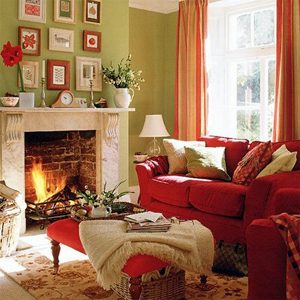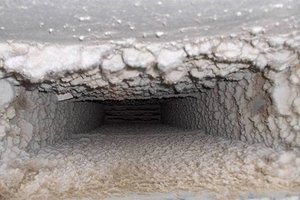
Five to seven times a day, the air in your home circulates through the air ducts of your HVAC heating and cooling system, carrying with it the dust and debris of everyday living.
Your furnace filter catches much of the stuff, but neglect, remodeling projects, or shoddy duct installation can lead to a buildup of gunk inside your ductwork that threatens the efficient functioning of your system.
Are Dirty Ducts Hazardous to Your Health?
The Environmental Protection Agency (EPA) asserts no studies have proven that duct cleaning prevents health problems. Also, there isn’t proof that dirty ductwork increases dust levels inside homes.
But some people are more sensitive to airborne dust and pet dander than others. If your nose is getting itchy just thinking about what might lurk in your ducts, the $300 to $600 it costs to clean a 2,000-sq.-ft. home is a worthwhile investment. But before you reach for the phone, take a good look to see if your ducts are dirty.
Get the Picture
Wouldn’t it be handy if you could take an incredible journey through your ductwork to see if cleaning is needed? Using a pocket digital camera equipped with a flash, you can come close. Simply remove a floor register, reach as far as you can into the duct (don’t drop your camera!), and take a couple of shots.
If there’s gunk within a few feet of the register, take heart. It’s easy to snake a vacuum cleaner hose into the duct and remove the stuff. However, if you see a long trail of junk and a thick coat of dust beyond what your vacuum can reach, your house may be a candidate for professional cleaning.
Look for These Symptoms
• Clogs of dust, cobwebs, and debris, or noticeable particles blowing out of supply registers.
• Visible mold on the inside surfaces of ducts.
• Rodent droppings and dead insects inside ducts.
In addition, recent construction inevitably creates dust you don’t want in circulation.
Good Reasons for Duct Cleaning
• Cleaning removes accumulated dust so it won’t shed into the household.
• Removing debris and cobwebs eases airflow and increases the efficiency of the system, in extreme cases as much as 40%.
• If you have fiberglass ducting, fiberglass gathers more dust than sheet metal.
Reasons to Skip Duct Cleaning
• Cost.
• Health benefits are not proven.
• Dust and debris caught on the interior of ducts isn’t circulating and therefore may not be a problem.
• Changing furnace filters regularly often does the job, especially when combined with annual furnace cleaning.
How Ducts are Cleaned
Dislodging and removing dust and debris is done with one or more of the following methods:
• Hand-held vacuuming: Workers use a brush attached to a large portable vacuum equipped with a HEPA (high-efficiency particulate air) filter. However, the hand-held method isn’t completely reliable and may leave pockets of dust.
• Mechanical brush: A rotating brush is fed into the ductwork. A truck-mounted vacuum sucks away debris. The rotary brush may damage older or poorly installed systems.
• Air sweep: A truck-mounted vacuum system carries away dust and debris dislodged by a compressed-air hose fed into the ducts. Of the three, the air sweep method usually does the most effective job.
Note: Some duct cleaning companies advocate spraying the inside of your ducts with chemical biocides. However, the EPA cautions that the spray may be more hazardous than helpful, aggravating respiratory ailments and introducing moisture that encourages mold growth.
Choosing a Duct Cleaning Service
It is all too easy to set up as a duct cleaner; some fly-by-nighters do more harm than good. Ask a reputable heating contractor for recommendations, or go to National Air Duct Cleaners Association (NADCA) to locate a certified contractor.
Be wary of unsubstantiated health claims. Resist pressure to clean annually; even cleaning every other year is overkill. Most homes needn’t be cleaned more than once every five years. Also, make sure your furnace will be cleaned as part of the HVAC maintenance service that includes checking the plenum, evaporator coil, and heat exchanger.
Source
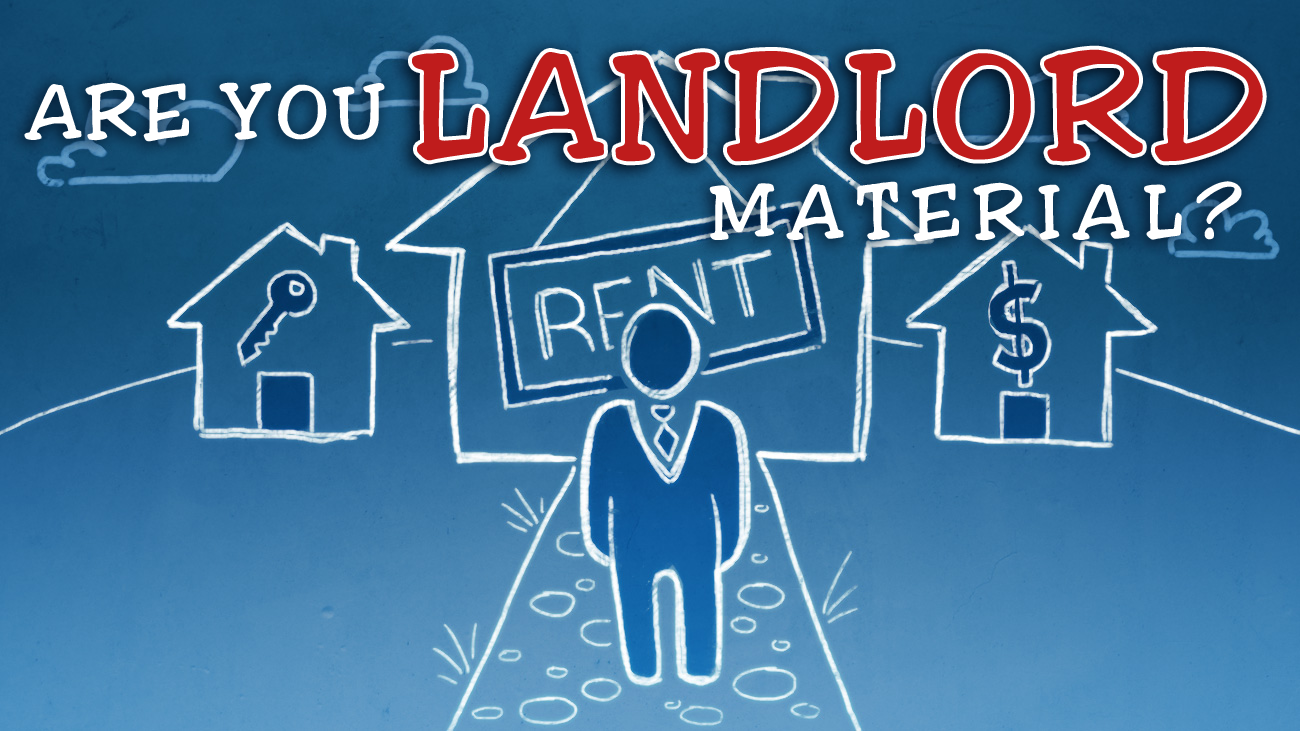
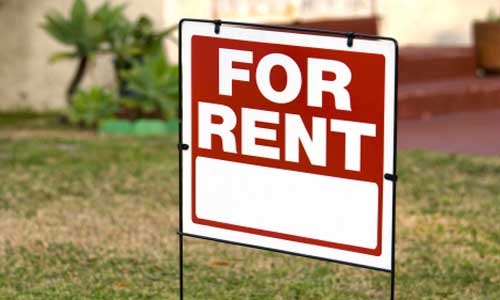




.jpg)
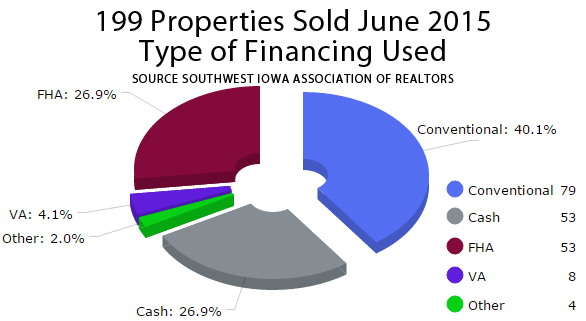
.jpg)
.jpg)


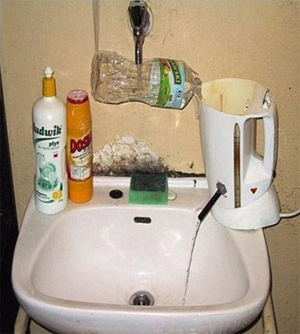
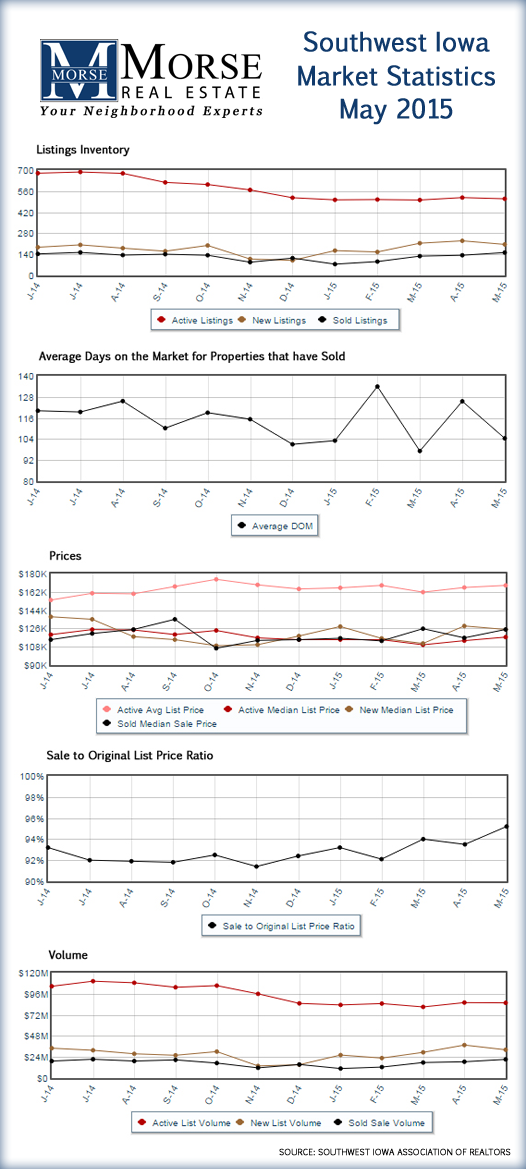

.jpg)

